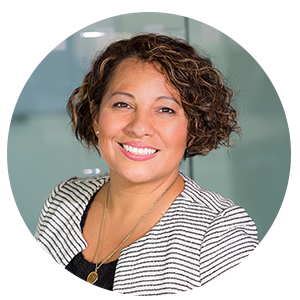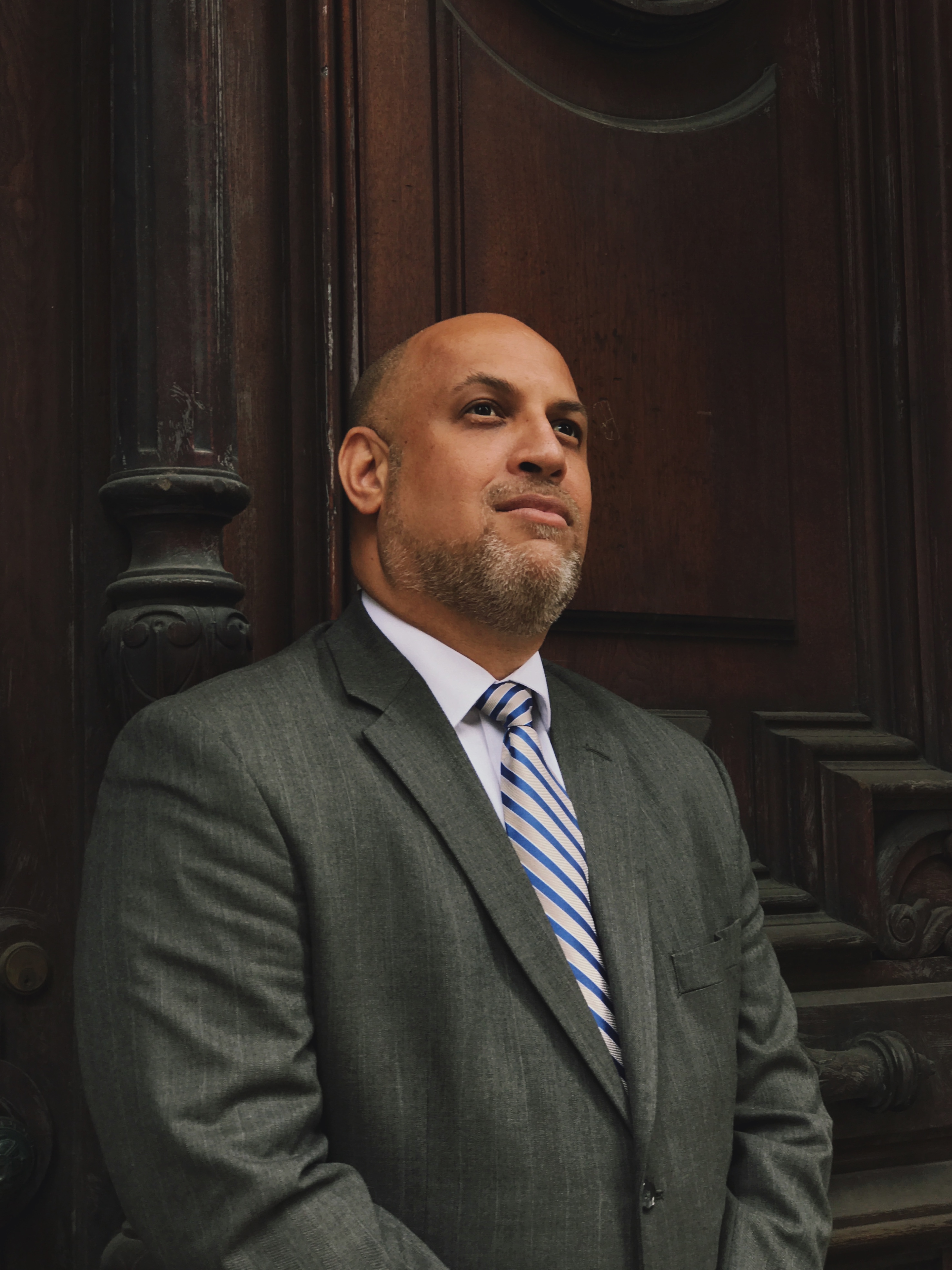In the landscape of grief and mourning, few concepts are as universally recognized as the "5 stages of grief," popularized by psychiatrist Elisabeth Kübler-Ross in her 1969 book "On Death and Dying." Over the decades, this model has permeated popular culture, becoming almost synonymous with the grieving process.
However, as our understanding of grief evolves, it's becoming increasingly clear that clinging to this rigid framework may do more harm than good.
In this blog post, we'll explore why it's time to bid farewell to the 5 stages of grief and embrace a more nuanced understanding of the grieving process.
Critique of the 5 Stages of Grief
The idea that grief goes through five clear steps doesn't have much proof, even though many people believe it. A psychiatrist named Elisabeth Kübler-Ross first came up with these steps after watching people who were very sick. But since then, scientists have had a hard time proving that these steps are always true for everyone who's grieving.
While the steps might help some people understand their feelings, they don't cover all the different ways people feel grief. It's kind of like trying to fit a square peg into a round hole—it just doesn't work for everyone.
Everyone experiences grief differently. The idea that grief can be put into five neat stages is too simple. Grief involves a lot of different feelings, thoughts, and actions. People might feel many emotions at once, or they might switch between stages. This makes it hard to fit grief into just five categories. People's experiences of grief are more complicated than the five stages model suggests.
Different Ways to See Grief
Understanding grief is crucial because it doesn't follow a set path and varies greatly from person to person. Here are three key points to consider when thinking about the different ways people experience grief:
1. Grief Doesn't Follow a Straight Line:
Some people think grief is like a road with different stops, but it's more like a rollercoaster ride. You might go through different feelings and stages, like sadness, anger, or acceptance, but they don't happen in a set order.
For example, you might feel sad one day, angry the next, and then feel a bit of acceptance. But these feelings don't happen in a set order. You might even go back to feeling sad after you thought you were starting to feel better. It's important to remember that it's normal to experience ups and downs in your emotions.
2. Everyone Grieves Differently:
People are unique, so their grief is too. Your personality, culture, and how you lost someone all affect how you feel. What helps one person might not help someone else.
For example, someone who loses a friend might grieve differently from someone who loses a parent. What helps one person might not help someone else. Some people find comfort in talking about their feelings, while others might prefer to be alone or express their grief through art or writing. It's important to understand and respect these differences to support people through their grief.
3. Grief is Personal:
There's no one-size-fits-all way to grieve. Each person's journey through grief is special, shaped by their own life and experiences.
For example, two siblings who lose the same parent might grieve in completely different ways because they had different relationships with their parents and different life experiences. We need to be flexible and open-minded in how we understand and support people through their grief, allowing each person to grieve in their own way.
The Harm of Clinging to the 5 Stages Model
The idea of following the five stages of grief can be comforting for some people, providing a sense of structure and predictability during a difficult time. However, sticking too rigidly to this model can lead to problems.
It can create pressure for individuals to conform to expected behaviors and timelines, causing feelings of inadequacy or guilt if their grieving process doesn't match up with what's considered normal. This pressure to fit into a predetermined mold can add unnecessary stress to an already challenging experience.
Moreover, the idea that "acceptance" is the end goal of grieving might not be right for everyone. It suggests that once you accept what happened, you're done grieving. But grief isn't something you just get over—it's a process that keeps going as you adjust to your loss. If you feel like you have to hide your feelings or pretend to be okay, it can make it harder to heal.
Embracing a New Paradigm of Grief
When dealing with grief, it's important to change how we think about it. Grief is not a straight path; it's complicated, different for everyone, and personal. We need to understand that grief doesn't have a clear end. Here are some steps to embrace a new paradigm of grief:
1. Fostering Resilience:
Instead of seeing acceptance as the end goal, we should focus on building strength, growing, and finding meaning after a loss. Grief isn't something to beat or get over; it's a part of being human that shapes us and our relationships with the world. Through grief, people can build resilience, using their inner strength to face the challenges of loss and come out changed.
2. Growth:
Grief can also lead to personal growth and self-discovery. As people deal with big questions about life and death, they might find new perspectives, values, and priorities. They might strengthen their relationships, rethink what's important, and start a journey of self-exploration that leads to a more genuine and fulfilling life.
3. Meaning-Making:
Grief can help people find meaning. Even though the loss is tragic, people can find comfort and purpose in honoring their loved one's memory, continuing their legacy, and finding meaning in their sorrow. This search for meaning in loss can deeply change them, giving them a sense of purpose and direction during their grief.
4. Creating Supportive Communities:
Building supportive communities and resources is essential. These can include support groups, counseling services, and online forums where people can share their experiences and find comfort. Understanding and respecting diverse grief experiences helps create a safe space for everyone.
5. Acknowledging Nonlinear Grief:
Recognize that grief doesn't follow a set order. Emotions can come and go unpredictably, and it's normal to feel a mix of sadness, anger, and acceptance at different times. This understanding helps us support ourselves and others through the unpredictable journey of grief.
Conclusion
In conclusion, while the 5 stages of grief may have served as a helpful framework in the past, it's time to recognize its limitations and move beyond it. By letting go of rigid models and embracing a more holistic understanding of grief, we can better support individuals in navigating their unique grieving journeys with compassion and understanding.
FAQs
1. What if I find the 5 stages helpful in understanding my own grief?
While some individuals may resonate with the 5 stages model, it's essential to recognize that it doesn't capture the full complexity of grief experiences. If the model helps you make sense of your grief, that's perfectly valid. However, remain open to the possibility that your grieving process may not neatly fit into these stages, and that's okay too.
2. How can I support a grieving loved one if not through the 5 stages model?
Instead of imposing a rigid framework onto your loved one's grief, focus on offering empathy, validation, and practical support. Listen without judgment, validate their feelings, and be present with them in their pain. Let them guide the way and respect the uniqueness of their grieving process.
3. What resources are available for those struggling with grief?
There are numerous resources available for individuals experiencing grief, including support groups, counseling services, hotlines, and online forums. Additionally, many books and websites offer guidance on coping with loss and navigating the grieving process in a way that resonates with you.










